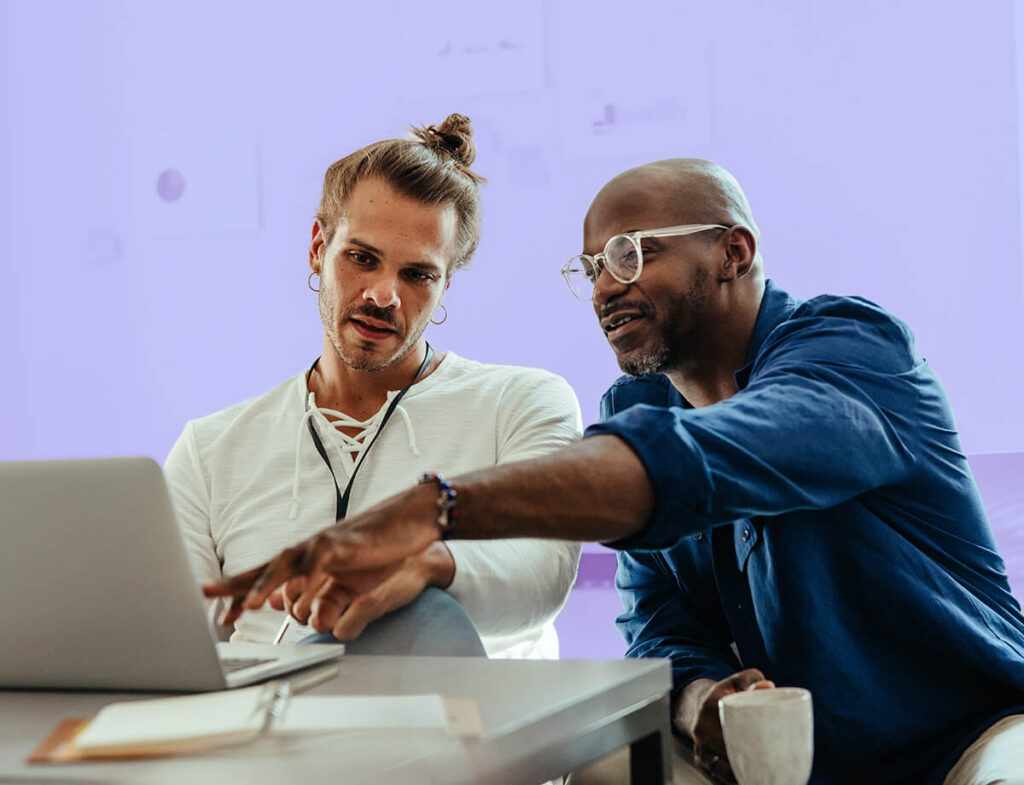How to set SMART goals for your year-end fundraising

Clear, actionable goals provide the fuel to drive your nonprofit organization’s fundraising momentum through the end of the year. Effective goal-setting will boost your team’s motivation and focus, provide a roadmap for your efforts, and enhance your year-end results.
Additionally, measurable goals allow your organization to identify the resources you’ll need to carry out a successful fundraiser. To help your organization prepare for a more effective year-end fundraiser, we’ll examine the benefits of goal-setting and explore how to set nonprofit SMART goals for your fundraising efforts.
Benefits of setting SMART goals
Thoughtful and informed goal-setting goes a long way toward improving performance. Here are four specific ways setting SMART goals will help your nonprofit achieve better fundraising results:
- Goals serve as a roadmap to guide your efforts. The overall goal of your nonprofit’s year-end fundraiser will determine the end-point your team is working toward, while milestone goals form a roadmap to guide you toward that overall goal. Having these in place also allows you to measure your progress and make adjustments along the way.
- Goals unite team members. People naturally feel more united when they work together to reach a common objective. This is especially true if team members have played a role in formulating those goals, which allows them to gain a sense of ownership over them.
- Goals inspire action. Once a goal has been determined, team members will have something specific to work toward and accomplish, driving their daily efforts in a targeted direction.
- Goals give reasons to celebrate. Celebrating wins is one of the best ways to keep your staff motivated. Goals come with a built-in opportunity to celebrate your team’s coordinated efforts toward reaching them.
Goals, when set effectively, power positive results. Optimize your nonprofit’s fundraising efforts by getting everyone on the same page and working toward a common objective at year-end. Regardless of whether you’re deciding on short- or long-term goals, they should all be directed toward furthering your organization’s purpose.
Using the SMART method to create more effective goals
While setting goals puts your organization securely on the path toward success and improvement, applying the SMART framework ensures that your team is equipped to achieve them. SMART goals are Specific, Measurable, Achievable, Relevant, and Time-Bound.
Specific
A productive goal is clearly defined so that your team understands exactly what they’re working toward. Aim to refine non-specific goals, such as “Raise more money this season for Program X,” because they don’t have a clear aim. How much money do you need to raise for the program? What date do you need to raise it by? What strategies will you use to achieve the goal?
Example of a specific goal: “Raise $15,000 by X Date for Program X using a virtual event created for supporters who have previously given to Program X.”
Measurable
Your goal must be measurable so you can determine how effective your fundraising efforts are. Be sure to clearly communicate how much money you’re seeking to raise, how many new donors you’re trying to attract, or any other relevant metrics for success.
Donors are eager to know how your target amount will fund the program’s needs and make a difference in your organization’s purpose. Additionally, your team will be more motivated when they have a solid number to aim toward.
Example of a measurable goal: “Raise $100,000 from two major donors and at least 10 new monthly donors.”
Achievable
Stretch goals can help your nonprofit reach ambitious accomplishments and growth. Take the time to understand your organization’s resources and priorities to set practical goals that motivate rather than discourage. This will allow your team to develop actionable and feasible steps toward success.
Example of an achievable goal: “Increase our results from last year’s fundraiser by 10%.”
Relevant
Ensure that your goals are relevant to your year-end fundraiser and the outcomes you want to see. Some of your objectives may relate to the:
- Total number of gifts secured
- Number of new donors acquired
- Number of recurring donors opted-in
- Volunteer hours contributed
Prioritize relevance in your nonprofit SMART goal-setting by asking your team, “What achievements would truly move our program, project, or organization forward?”
Example of a relevant goal: If you’re building an educational program with a mentorship component, a relevant goal might be to “Raise $20,000 for program scholarships and attract five mentors who will commit two hours per week.”
Time-bound
Assigning target dates for your overall goal and milestone goals will help your fundraising team prioritize the tasks that need to be done to make your fundraiser a success. Setting deadlines for your goals ensures that what matters most to your nonprofit’s year-end growth will be accomplished in a timely and efficient manner.
Example of a time-bound goal: “Raise $20,000 for Program X by the close of our year-end virtual event on X Date.”

Achieving better results with better goals
SMART goals provide your team with a clear plan for what you need to accomplish and the milestones that will get you there, minimizing any stress associated with your year-end fundraiser.
As with any fundraising initiative, be sure to define important metrics that will ultimately help you gauge your year-end fundraising success afterward. This data will offer valuable insights into setting more effective goals and achieving even better results for your organization’s future efforts.
Ready to Get Started?
Work with Bonterra



